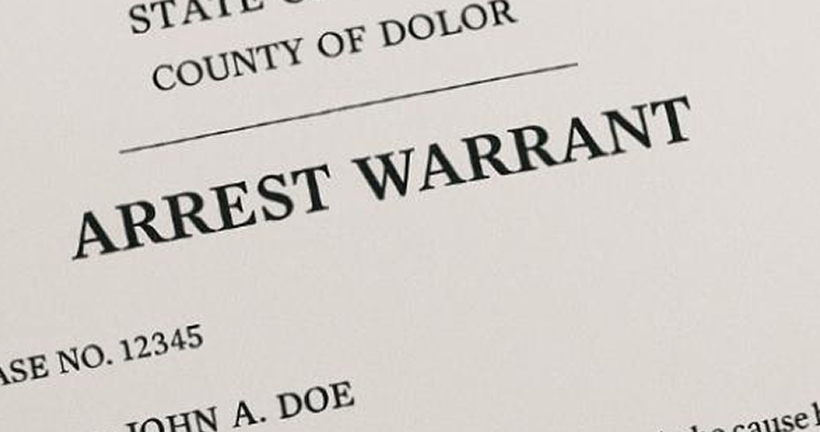Discovering that there is an active warrant in your name can be overwhelming and frightening. Warrants can be issued for missed court appearances, unpaid fines, probation violations, or new criminal allegations. No matter the reason, a warrant can lead to sudden arrest at home, work, or during a routine traffic stop. At Novo Law, we recognize the urgency of these situations and act quickly to protect your rights and resolve the matter.
Our attorneys provide clear guidance and aggressive representation when handling warrant cases. Whether you’re facing a bench warrant, arrest warrant, or extradition issue, we help you navigate the legal process and work toward the best possible resolution.
